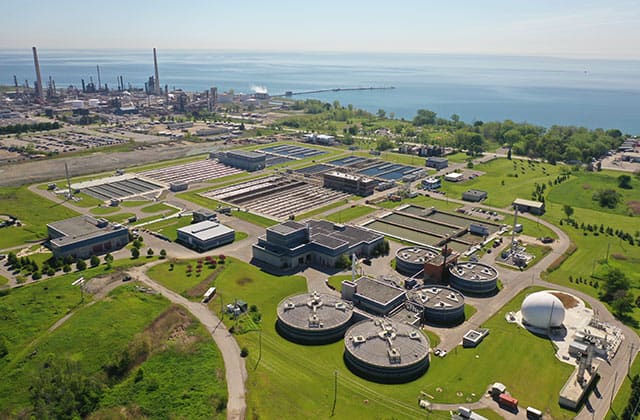Ontario housing bill kills Peel Region split, service transfer still coming to Mississauga, Brampton and Caledon
Published June 11, 2024 at 12:19 pm

Ontario’s plan to split up Mississauga, Brampton and Caledon into stand-alone municipalities is off the table, but Peel Region is still dealing with the fallout of a sweeping housing bill that local politicians say could lead to higher taxes.
The province’s Bill 185, or Cutting Red Tape to Build More Housing Act, has been given royal assent and brings wide-ranging changes to how homes are approved and built in Ontario.
It also reaffirms pledges from the province to reverse plans to dissolve Peel Region to turn Mississauga, Brampton and Caledon into independent municipalities – a move which Brampton Mayor Patrick Brown claimed could result in a 38 per cent tax hike for taxpayers.
But even with the breakup scrapped a tax hike could still be on the horizon as the new bill could mean residents start paying more for essential services.
The bill requires that the province’s Transition Board submit recommendations on “the transfer of powers, responsibilities or jurisdiction” of land use planning, water and wastewater, storm water, highways and waste management from the region to each municipality.
Caledon Mayor Annette Groves broke her silence on the transfer last month saying it could result in a 70 per cent tax increase.
Peel Regional Chair Nando Iannicca said the bill getting royal assent is good news as it confirms Peel won’t be dissolved and “allows (the region) to maintain the high quality of services and governance that residents and businesses rely on.”
But Iannicca said there’s more work to be done with the provincial Transition Board, which was expected to give its recommendations on downloading services to municipalities in the spring.
He said the region is “committed to working collaboratively with all its municipalities to foster growth, sustainability, and a high standard of living for all.”
Brown and Groves were against the breakup when it was first announced, while former Mississauga Mayor Bonnie Crombie was in support of the plan.
The province initially said the breakup of Peel was a way to reduce bureaucracy at the regional level and speed up housing projects. But after backtracking on that plan, Ontario’s Minister of Municipal Affairs and Housing Minister Paul Calandra outlined the board’s “recalibrated scope” on services.
The breakup plans led a paramedics’ union to warn of a potential “mass exodus” of first responders, but both Peel Regional Police and Peel Paramedics Services will stay under the region.
No exact date has been given for when the Transition Board will make its recommendations, or when any proposed changes will need to be put in place.
INsauga's Editorial Standards and Policies


